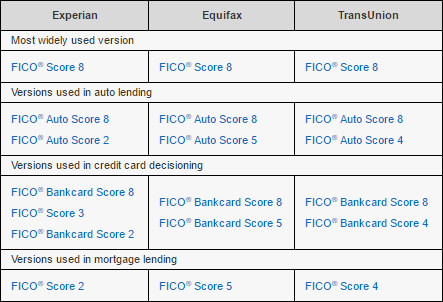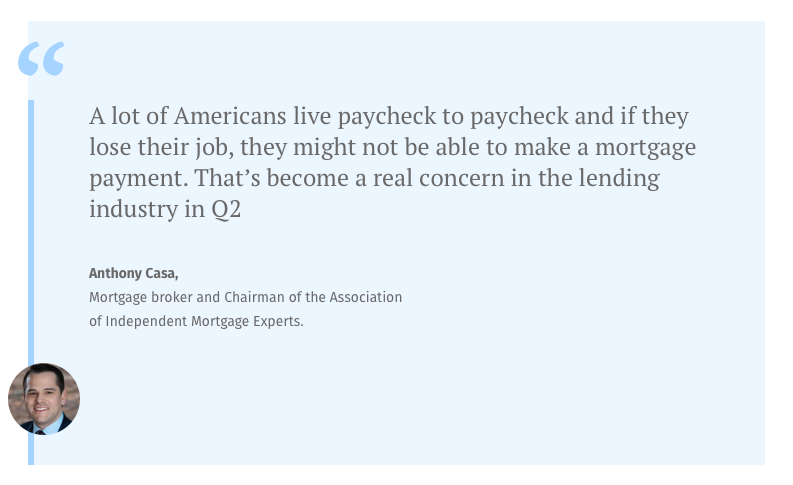Table of ContentsWhy Do Mortgage Companies Sell Mortgages Fundamentals ExplainedThe 5-Minute Rule for What Are The Different Types Of MortgagesWhat Is Home Equity Conversion Mortgages Fundamentals Explained
The home loan, itself, is a lien (a legal claim) on the home or home that secures the pledge to pay the financial obligation. This is what makes home loans a safe and secure kind of debt. Because the loan is secured, efficiently using the house as collateral, this indicates that if you fall back in your payments or stop working to pay the loan back, the lending institution can repossess the home through foreclosure.
The principal is the initial quantity obtained from the loan provider - what is the interest rate for mortgages. When you secure a home loan, the lender will assign an interest rate based on the type of home mortgage you select and your credit report. This rate identifies how quick interest builds on your mortgage. The loan-to-value ratio is the amount of money you obtain compared with the cost or appraised value of the home you are purchasing.
For example, with a 95% LTV loan on a house priced at $50,000, you might borrow up to $47,500 (95% of $50,000), so you would require to supply $2,500 as a deposit. The LTV ratio shows the quantity of equity customers have in their houses. The greater the LTV ratio, the less cash homebuyers are required to pay of their own funds.

The largest difference in home mortgage loaning has to do with the interest used to the loan. Considering that you'll pay hundreds of countless dollars in interest over the life of even an average mortgage, it's vital to get the rate of interest that's right for your monetary scenario. The right interest rate can help you save money over the life of the loan and prevent monetary distress.
Your real estate costs are untouched by market conditions. Adjustable Rate Mortgages (ARMs) Rates of interest modifications on a routine schedule (usually every 1, 7, or 10 years) 30 yearsYou can certify with lower credit. When rates of interest are low, you will pay less cash. Nevertheless, if rate of interest go up, you will be required to pay more money.
Balloon MortgageLow interest rate over an introductory period5 years, 7 years, or 10 yearsYou have http://travisrhci700.cavandoragh.org/the-main-principles-of-what-is-the-current-interest-rate-for-mortgages low payments (sometimes, interest only) for a set duration, then the complete balance is due or the loan needs to be refinanced. For the most part a fixed rate mortgage is usually the much better choice, due to the fact that you understand exactly what you will require to pay each month, there won't be any surprises down the roadway, and you aren't at the grace of market conditions.
If the rate is high when your rate of interest adjusts, your payments will increase. An ARM might make sense if you are positive wesley billing that your earnings will increase gradually throughout the years or if you anticipate a relocation in the future and aren't concerned about potential increases in rate of interest.
How Many Mortgages In The Us - The Facts
The "term" of your mortgage identifies how quick you settle the loan with interest included. So, if you have a 30-year fixed rate mortgage, it will take thirty years to pay off your loan. If you have a 15-year loan, you will own your house in half the time it handles the 30-year mortgage.
If you have a 30-year set rate home loan, for the first 23 years of the loan, more interest will be paid off than principal; this suggests bigger tax reductions for those 23 years. In addition, mortgage payments will take up a lower portion of your earnings throughout the years, due to the fact that as inflation increases your expenses of living, your home loan payments stay continuous.
In addition, equity is developed quicker because early payments pay off more of the principal. There are mortgage alternatives now offered that just need a deposit of 5% or less of the purchase price. However, the larger the down payment, the less money you need to borrow and the more equity you'll have.
When thinking about the size of your down payment, consider that you'll likewise need cash for closing expenses, moving expenses, and any repair or remodelling expenses. An escrow account is developed by your lending institution to set aside a portion of your monthly home mortgage payment to cover annual charges for house owner's insurance, home mortgage insurance (if relevant) and real estate tax.
Escrow accounts are a great idea since they assure cash will constantly be available for these payments. If you utilize an escrow account to pay property tax or property owner's insurance coverage, make certain you are not penalized for late payments, because it is the lending institution's responsibility to make those payments. Down payments can be a big difficulty to own a home.
These programs can help you pay as little as 3% down as a first-time home purchaser. HUD and the FHA have help programs, therefore do individual states. Need to look for deposit support programs in the area you are aiming to purchase a brand-new home? We advise DownPaymentResource.com.
Talk with a HUD-certified real estate counselor today to set a course so you can end up being mortgage-ready. Your monthly mortgage payment mainly settles the principal and interest. However, a lot of lending institutions likewise consist of regional property tax, property owner's insurance and mortgage insurance (if appropriate). This is why month-to-month mortgage payments are sometimes referred to as PITI (principal + interest + taxes + insurance). The quantity of your down payment, the size of the mortgage, the rates of interest, and the length of the payment term and payment schedule will all affect the size of your home mortgage payment.
The Ultimate Guide To How To Swap Houses With Mortgages
Interest rates can vary as you look for a loan, so ask lending institutions if they offer a rate "lock-in" that will ensure a specific rate of interest for a certain duration of time; this enables you to purchase home loans effectively. Remember that a loan provider needs to reveal the Annual Percentage Rate (APR) of a loan to you.
It is usually higher than the rates of interest because it likewise includes the expense of points, home mortgage insurance, and other fees included in the loan. If you have a fixed-rate mortgage and rates of interest drop considerably, you may wish to think about refinancing. A lot of specialists agree that if you plan to be in your house for at least 18 months and you can get a rate of 2% less than your present rate, refinancing is a wise choice.
Discount rate points permit you to reduce your rates of interest this is what people mean when they state they paid points off their home mortgage. These points are essentially pre-paid interest, with each point equaling 1% of the overall loan amount. Usually, for each point paid on a 30-year mortgage, the interest rate is minimized by 1/8 (or.
So if you have a $200,000 home loan at 4.5% interest, then you could decrease your rates of interest to 4.375% by paying $2,000. When shopping for loans ask loan providers for a rates of interest with 0 points and after that see how much the rate decreases with each point paid. Discount rate points are wise if you plan to remain in a home for a long time because they can lower your monthly loan payment.

You can pay off your home mortgage faster by making additional payments every month or each year beyond your monthly payment requirement. This speeds up the procedure of paying off the loan. When you send out additional money, make sure to show that the excess payment is to be applied to the principal.